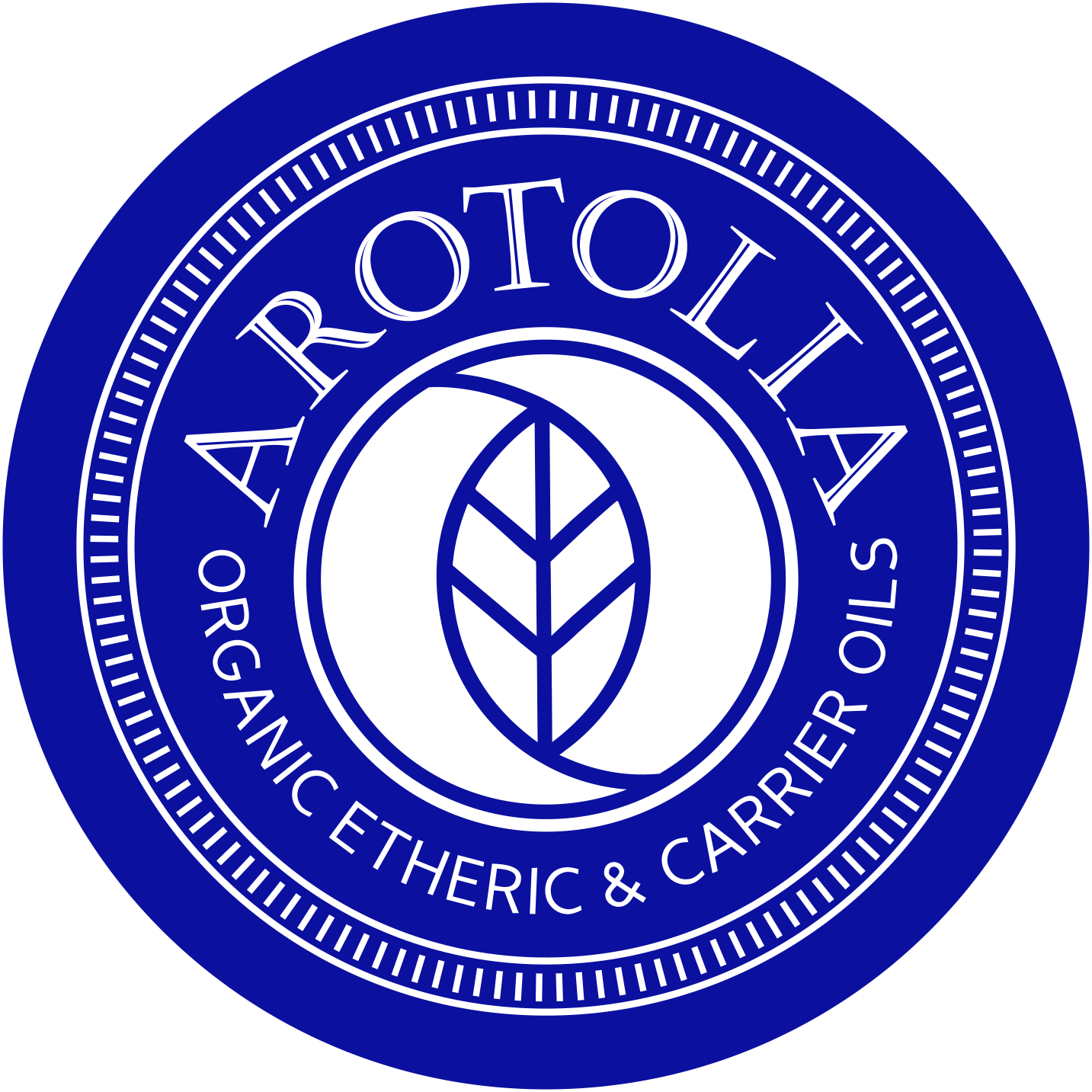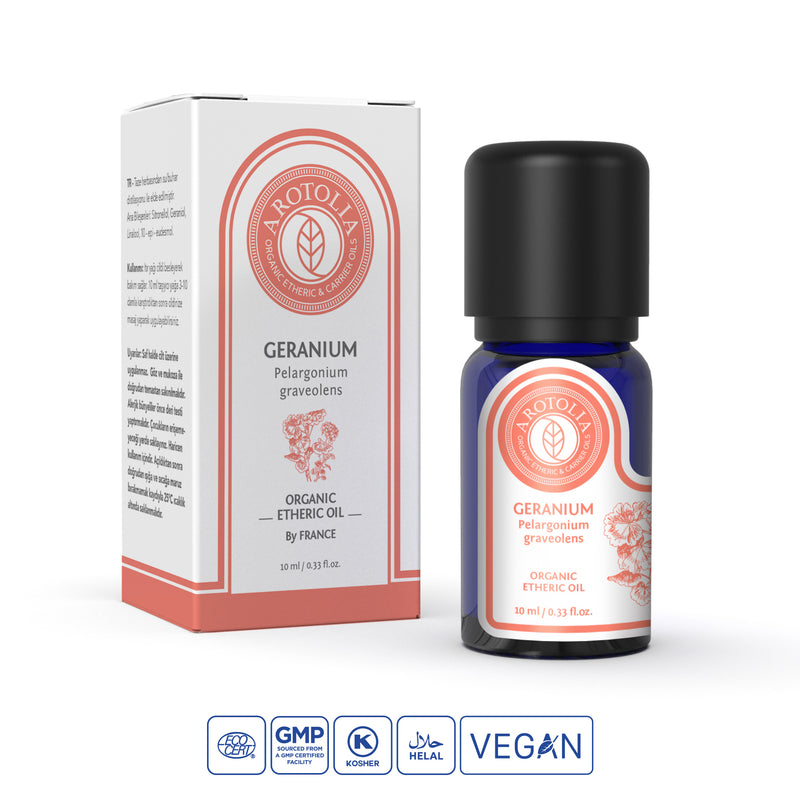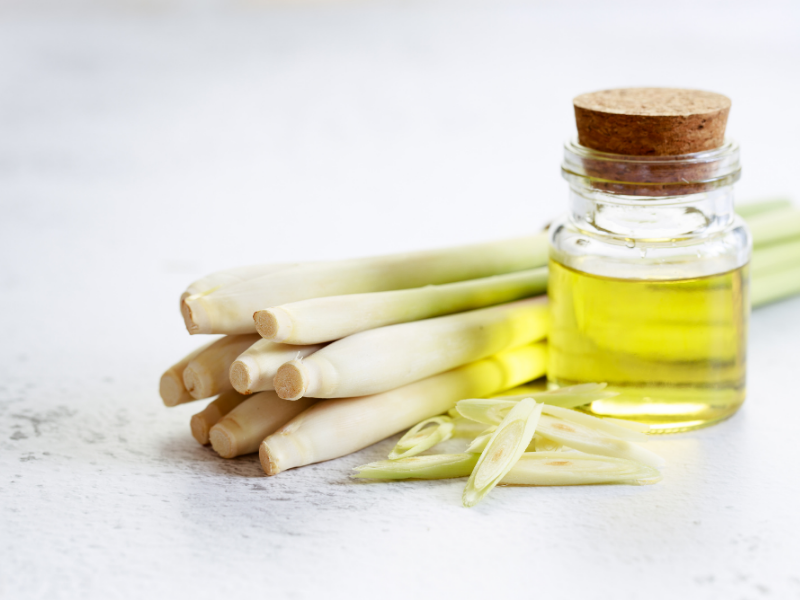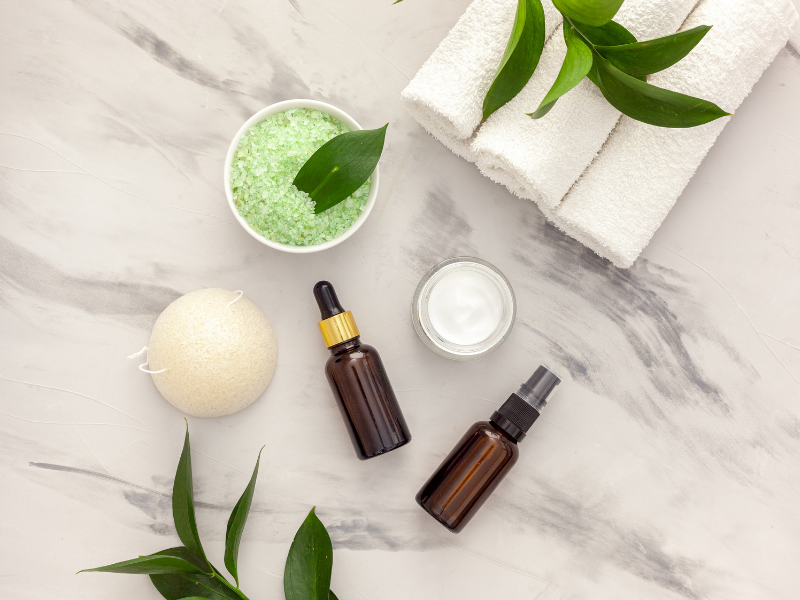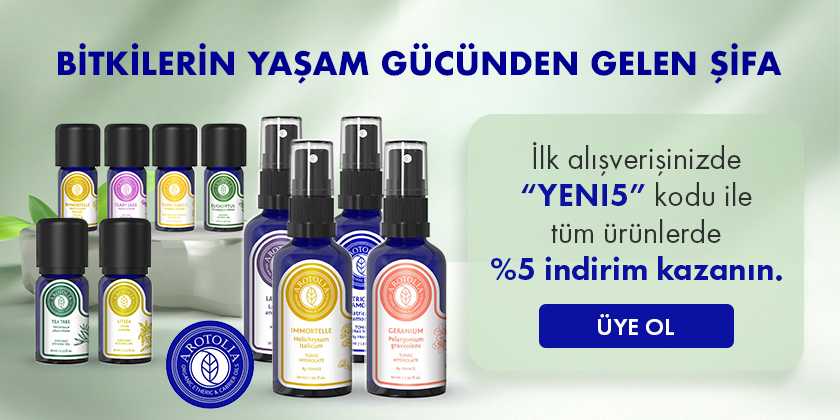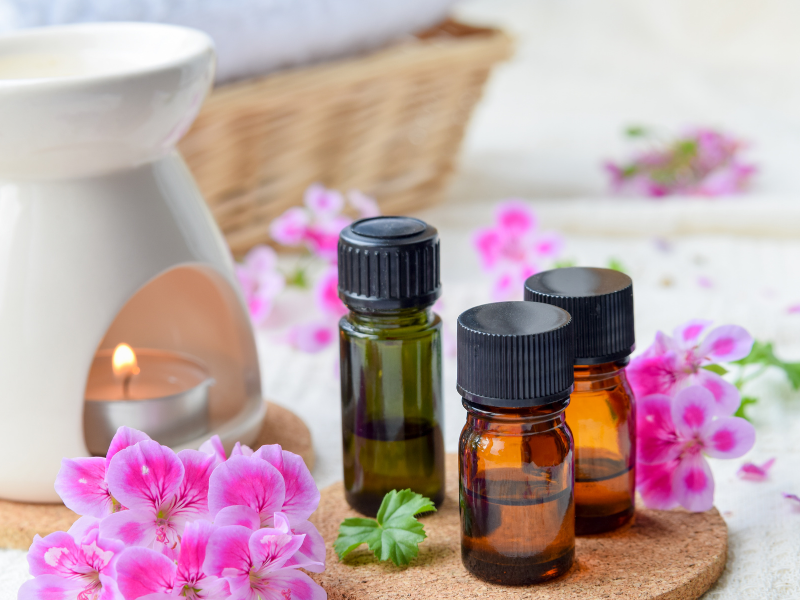
Geranium Essential Oil
English name: Geranium essential oil
Scientific name of the plant: Pelargonium graveolens
Family of the plant: Geraniaceae
Description: Obtained from fresh leaves and stems by steam or water distillation.
Color: Light yellow to pale yellow, green
Fragrance: Floral, fresh, sweet and slightly fruity
Odor level: Strong
Note: Medium
Consistency: Thin
Composition: Geraniol, citronellol, linalool, borneol, isomenthone, limonene, menthone
Where it grows: Its homeland is South Africa, and it is cultivated in Russia, Egypt, Congo, Japan, Central America and Europe.
Compatible oils: Compatible with all essential oils.
Geranium Essential Oil Benefits, Areas of Use and How to Use It
- It is used to treat female reproductive disorders, menstrual cramps, infertility, endometriosis, and menopausal symptoms.
- It is mentally invigorating and healing. It has a balancing effect on the nervous system; it is effective in relieving depression, hyperactivity, stress, fatigue, emotional crisis, boredom and weariness.
- It is effective in the treatment of circulatory disorders, varicose veins, hemorrhoids, eczema, burns, blisters, cuts and infections.
- It is used in the perfumery and cosmetics industries.
Things to Consider & Warnings When Using Geranium Essential Oil
- For external use only, not to be used internally.
- Essential oil should not be applied directly to the skin.
- It should be used against allergic reactions by applying it to a small spot on the skin and if no reaction occurs.
- Avoid contact with eyes, in case of contact rinse with plenty of water.
- It should not be used during pregnancy and breastfeeding.
- It should be kept out of reach of children.
Geranium Essential Oil Storage Conditions
It should be stored in tightly closed colored glass bottles in cool environments, protected from heat, light and moisture.
